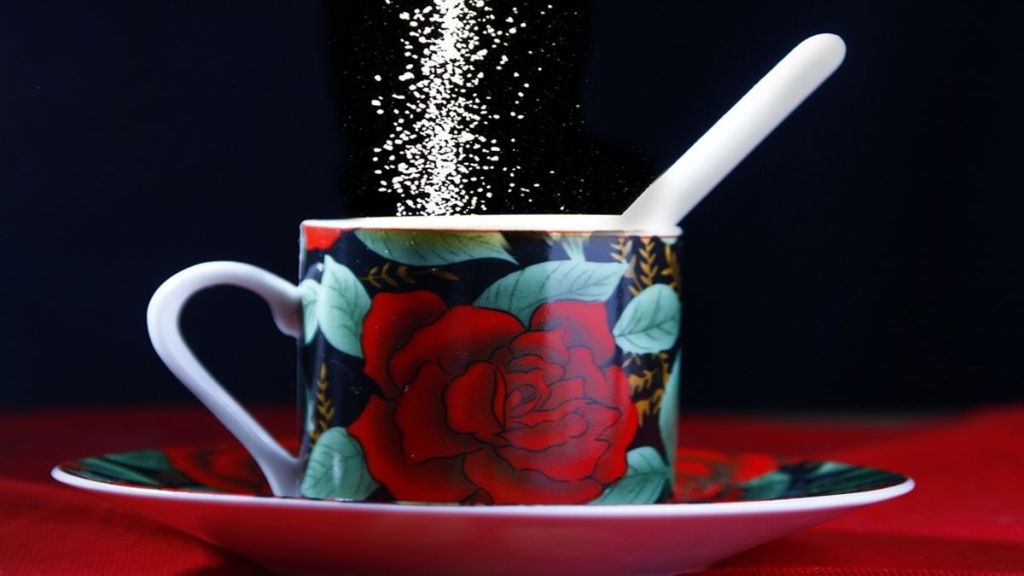Doctors and health experts have often warned about the adverse effect of sugar on our health. To tackle this, many people switch to artificial sweeteners assuming them to be safer than refined, white sugar. Now a new study has revealed some shocking facts about the popular artificial sugar sucralose (marketed as Splenda).
According to the new study, this artificial sweetener is ‘Genotoxic’ and it is capable of damaging your DNA.
Human DNA contains the genetic code that controls how your body grows, and the findings of the study point out that the sweetener’s impact on the DNA could lead to multiple health issues.
According to media reports, the researchers are now calling for food standard agencies to review the safety and regulatory status of the sugar substitute.
Splenda is often added to diet sodas, baked goods, chewing gum, gelatins and frozen desserts. It’s even found in drug products like Tylenol, Pepcid and cold and flu medicines.
Reportedly, Splenda is 600 times sweeter than sugar and is the best-selling artificial sweetener in America, with sales roughly double those of its nearest rival, Sweet’n Low.
The findings of the study were publishing in the Journal of Toxicology and Environmental Health.
“Other studies have found that sucralose can adversely affect gut health, so we wanted to see what might be happening there,” Susan Schiffman, PhD, study author and adjunct professor at North Carolina State University, said in a news release.
The researchers were alarmed by the findings. According to Schiffman, sucralose-6-acetate significantly increased the expression of genes associated with inflammation, oxidative stress and cancer.
When you consume Splenda, your body breaks down sucralose into a compound called sucralose-6-acetate, which can damage the lining of the intestine.
“Our in vitro studies used human tissue, so the findings are directly relevant for the human body,” Dr. Schiffman added.
Reportedly, the makers of artificial sweeteners, however, assert that their products are safe.
Last month, the World Health Organization (WHO) recommended that artificial sweeteners like Splenda not be used for weight control.








